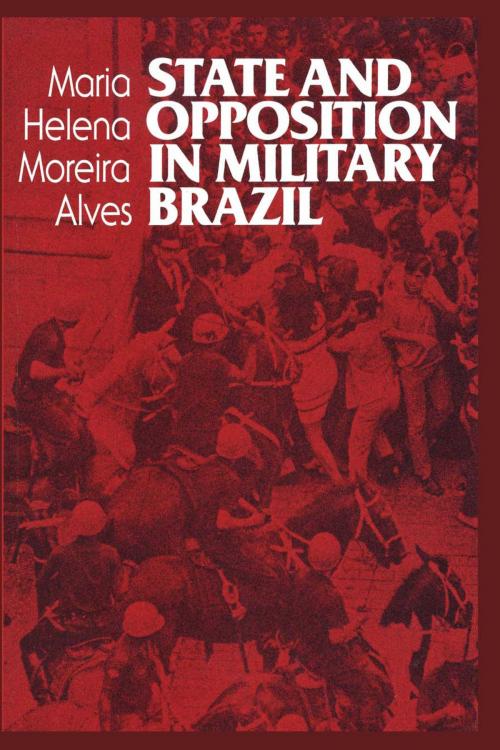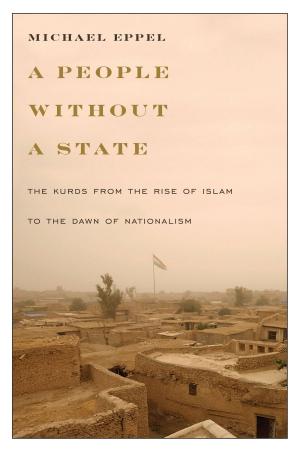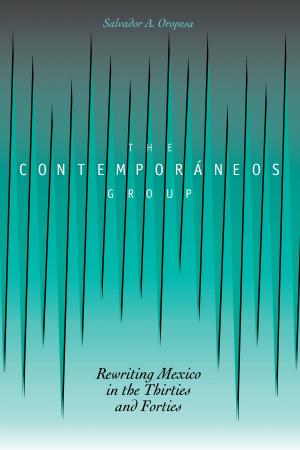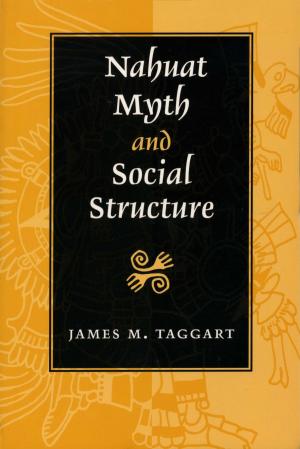State and Opposition in Military Brazil
Nonfiction, History, Americas, South America, Social & Cultural Studies, Political Science| Author: | Maria Helena Moreira Alves | ISBN: | 9780292761391 |
| Publisher: | University of Texas Press | Publication: | January 27, 2014 |
| Imprint: | University of Texas Press | Language: | English |
| Author: | Maria Helena Moreira Alves |
| ISBN: | 9780292761391 |
| Publisher: | University of Texas Press |
| Publication: | January 27, 2014 |
| Imprint: | University of Texas Press |
| Language: | English |
Based on extensive research into opposition and government documents, including the previously unavailable Manual Básico da Escola de Guerra, Maria Helena Moreira Alves provides a rich description of the long and tortuous attempt by the Brazilian military government to create a workable “national security state” in the face of determined and resilient opposition. She interviewed more than one hundred key figures in government, the military, business, professional associations, the Catholic church, grassroots organizations, and trade unions in order to analyze politically and historically the relationship between civil society and government structures in Brazil during the years 1964–1983. Her study charts the rise and subsequent decline of the military government’s power, concluding with a discussion of the abertura policy instituted under General João Batista Figueiredo.
Based on extensive research into opposition and government documents, including the previously unavailable Manual Básico da Escola de Guerra, Maria Helena Moreira Alves provides a rich description of the long and tortuous attempt by the Brazilian military government to create a workable “national security state” in the face of determined and resilient opposition. She interviewed more than one hundred key figures in government, the military, business, professional associations, the Catholic church, grassroots organizations, and trade unions in order to analyze politically and historically the relationship between civil society and government structures in Brazil during the years 1964–1983. Her study charts the rise and subsequent decline of the military government’s power, concluding with a discussion of the abertura policy instituted under General João Batista Figueiredo.















